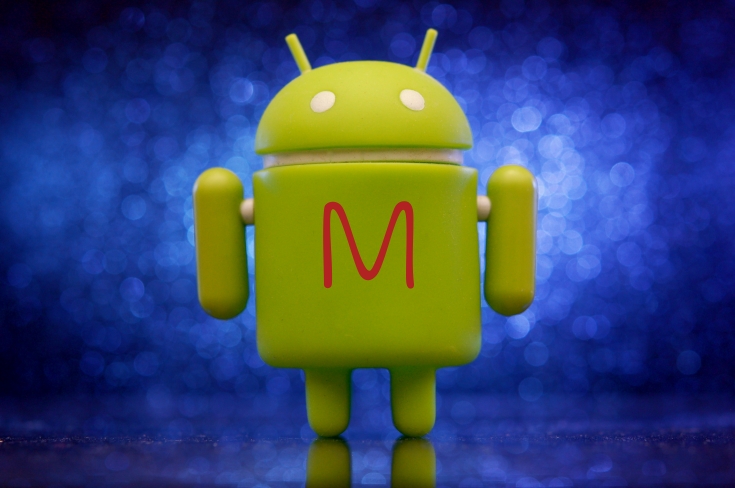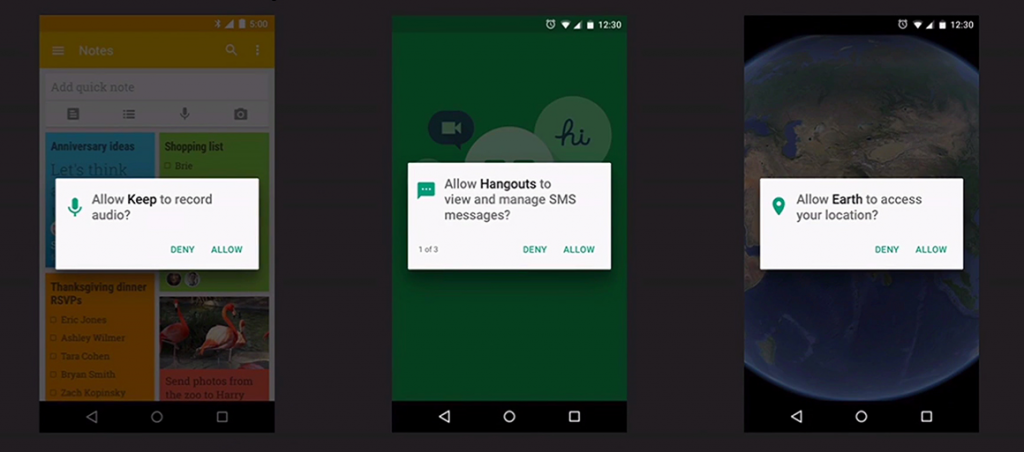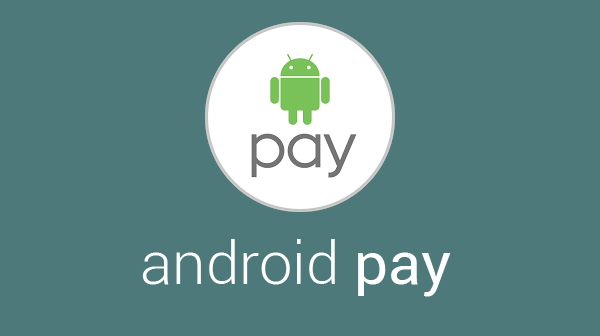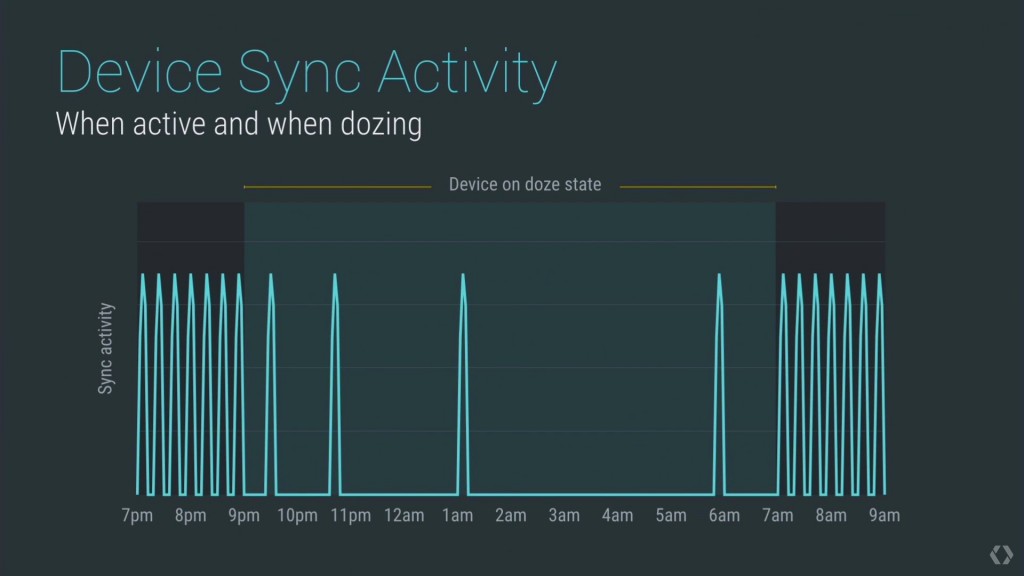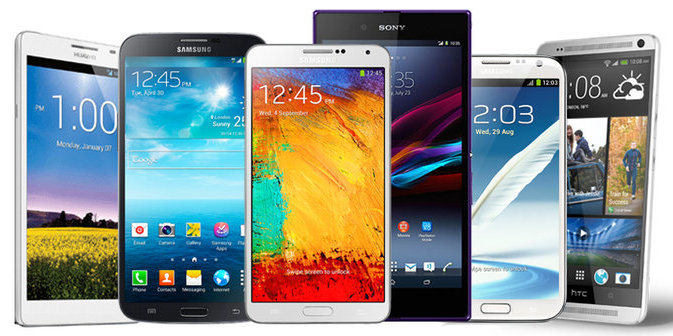Google’s Android M Is The Most User Experience Centric Android Build Ever!
by June 3, 2015 1,650 views2
Google I/O elevates the innovation bar year after year and is fast becoming arguably the mostly widely anticipated event for developers. Google didn’t disappoint at this year’s I/O. While there were a number of announcements, the biggest of them all was the announcement regarding Android’s latest version, the Android M.
Android M has been released to the developer community and judging by all that Google announced at this year’s I/O, the latest Android OS is definitely the most user-experience-centric Android build ever. There are a ton of exciting and innovative features and products around the Android M that make it possibly the best Android ever. We know that the latest version of an Android OS hasn’t always proved to be the best version, so only time will tell whether Android M’s innovative features make it a hit with the developer community, which in turn will decide how the user experience shapes up around this OS. For now things are looking better than ever for the Android ecosystem.
Below are some remarkable new features that the Android M will support.
App permissions
This is a feature Android users should welcome with open arms. Currently apps on the Android platform require the user to grant all permissions required by an app at the time of app installation, but with Android M the app permissions are changing, and changing for the better. Users will now be able to choose whether to grant, revoke, or deny an app permission while using the app.
Choosing when to allow an app to access your location or whether or not you want to allow an app to view and manage your SMS messages are powerful choices. No longer will apps be able to use user data without the user granting them permission to do so.
Android gets contextual
With the latest Now on tap and voice interactions Android has become more contextual than ever. As industry insider Robert Scoble will tell you, the age of context is upon us and to better serve human needs software needs to get more contextual than it has ever been. With Now on tap and improved voice interactions Android M takes a small but definite step towards this goal.
Android Pay is here to stay with fingerprint recognition support
Apple Pay has competition. Google has announced Android Pay and it’s not the same as Google Wallet. The touch payment service by Google is backward compatible to Android KitKat and can be used with any Android device that supports NFC. But devices that will have Android M on them will take touch payments to an all new level with fingerprint recognition support.
According to Wired, in the US mobile carriers such as AT&T, Verizon, and T-Mobile will preinstall Android Pay on smartphones. This means you may soon be able to make a one touch payment without having to go through authorization hassles that plague most online transactions today.
Doze will keep your battery in check, at all times
Android M comes with a neat new feature called Doze. Doze keeps your Android device in sleep mode when it is not being used. This helps save battery and eventually improves battery performance. Unlike the current versions of Android which put apps on standby if they haven’t been used for a while, Doze will put all apps in idle state to sleep, which means more battery saving can be achieved.
What does Android M mean to the current and upcoming crop of Android smartphones?
If that question could be answered in one word that word would be “fragmentation”. Android fragmentation has always been an issue for developers to contend with and with the launch of Android M nearing this fragmentation can only see an increase. This is exactly why Android OSes are released to developers first, so that by the time the latest version hits the market, developers can make necessary changes to their apps and contribute to the defragmentation of the platform that powers about 80% of the current smartphone industry.
While Google’s efforts in offering a better user experience with Android M are commendable, how quickly and widely changes such as app permissions and Android Pay are adopted will determine the long term success of Android M.
